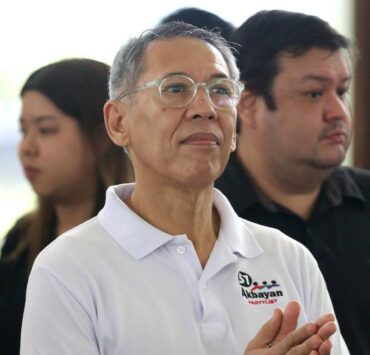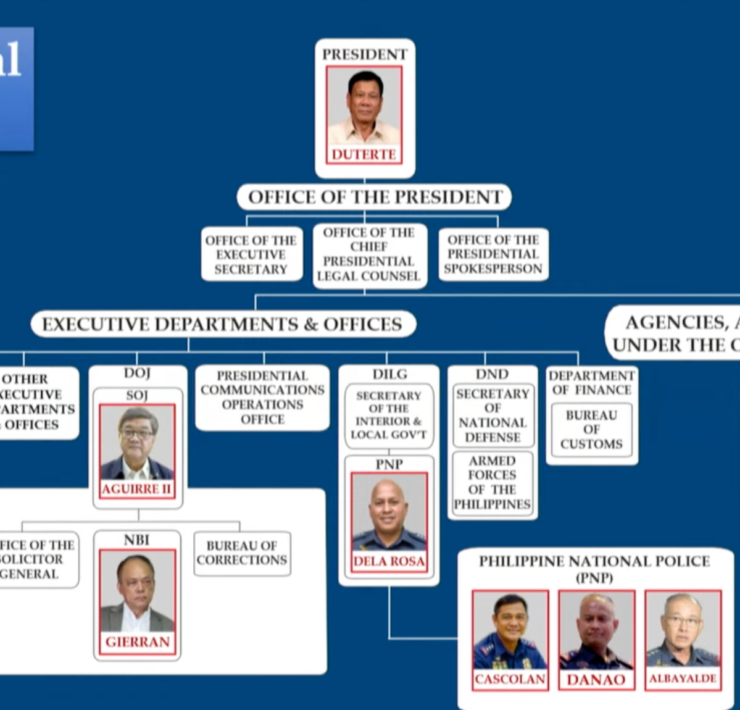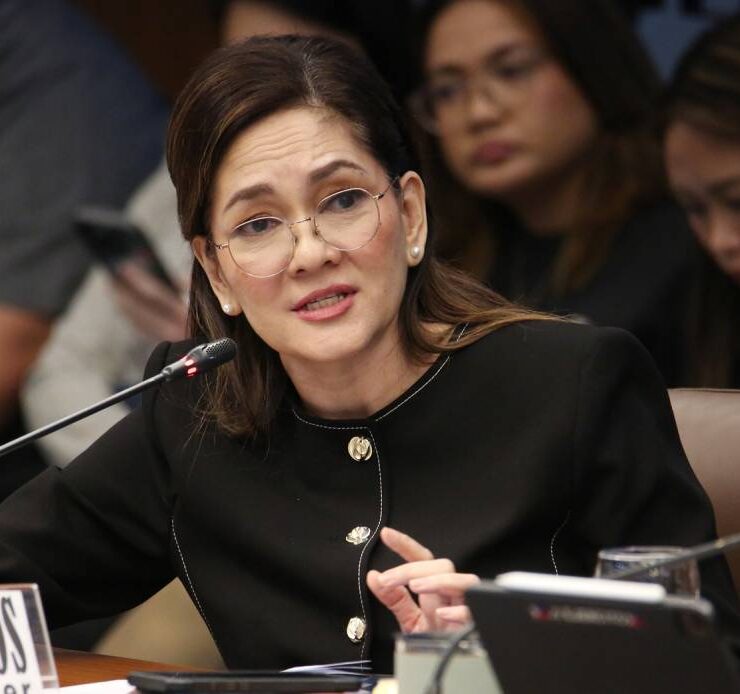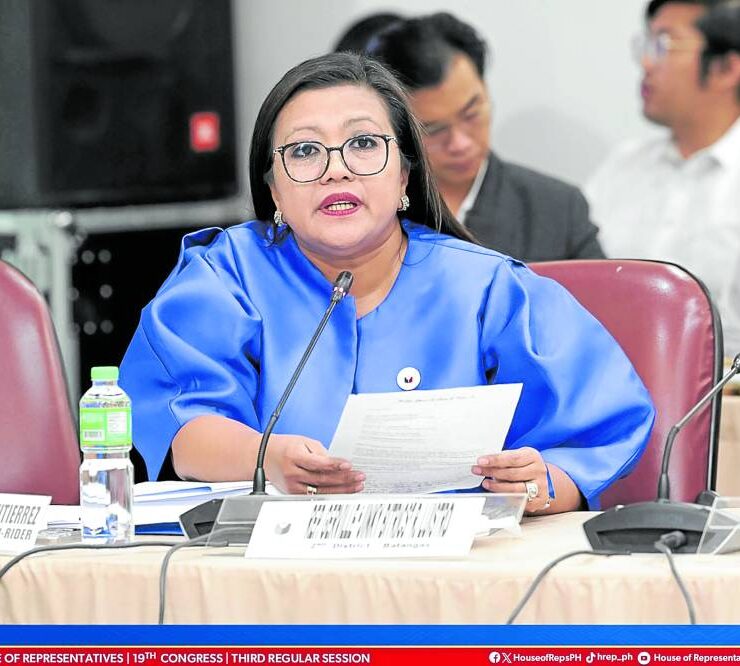CA voids Leila acquittal, sends drug case back to RTC
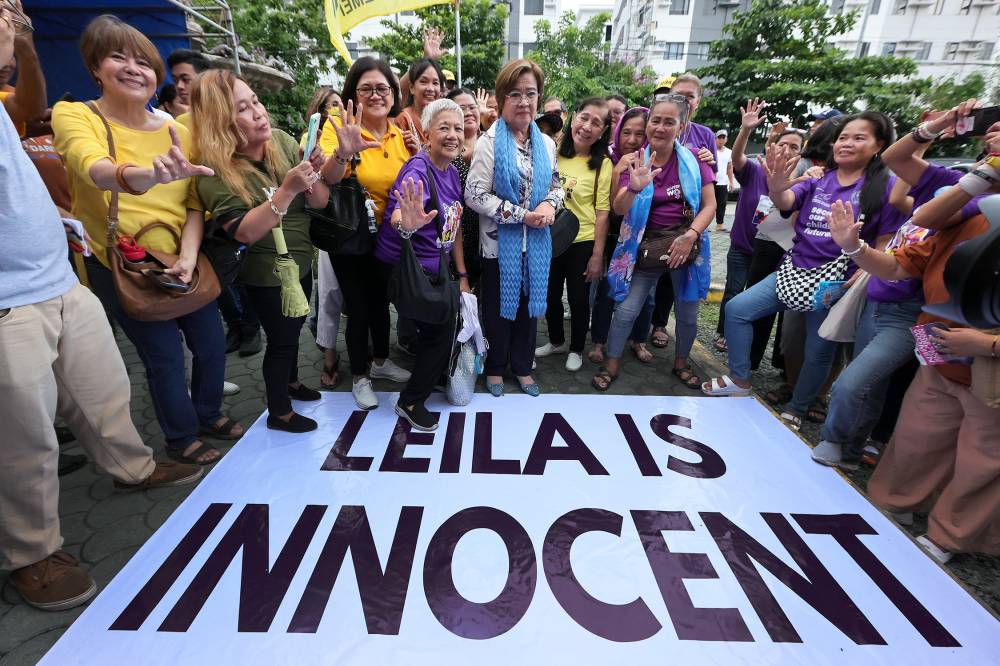
The Court of Appeals (CA) has voided a Muntinlupa court’s decision acquitting presumptive congresswoman Leila de Lima in one of her drug cases—a ruling her legal team on Thursday said it would challenge.
In a 12-page decision dated April 30 authored by Associate Justice Eleuterio Bathan, the CA’s Eighth Division granted the Office of the Solicitor General’s (OSG) petition and declared the 2023 decision of the Muntinlupa Regional Trial Court (RTC) Branch 204 null and void.
This case is the second of three drug charges from which De Lima had been cleared.
The appellate court ruled that Presiding Judge Abraham Joseph Alcantara of Muntinlupa RTC Branch 204 committed grave abuse of discretion amounting to lack or excess of jurisdiction when he failed to clearly and distinctly state the facts and legal basis for acquitting De Lima and her former aide, Ronnie Dayan, of conspiracy to commit drug trading.
“We remand the case to the Regional Trial Court, Branch 204, Muntinlupa City, for it to decide the case in accordance with the rules stated in this Decision,” the CA said.
Dino de Leon, De Lima’s lawyer, said that based on their reading, the CA merely ordered the lower court to issue a new decision following the guidelines laid out in the ruling.
Not yet final
“This decision of the CA is not yet final. We believe that the Court of Appeals committed a reversible error. Hence, we will file a motion for reconsideration,” De Leon told the Inquirer in a Viber message on Thursday.
For now, De Lima, who is poised to assume a seat in the House of Representatives as the first nominee of Mamamayang Liberal party list, remains free, he said. “She will continue to be free and proceed with her preparations for public office. Truth is on her side, so she is unfazed by this latest development.”
The CA ruling stemmed from the OSG’s petition to nullify the May 12, 2023, decision and the July 6, 2023, order in Criminal Case No. 17-165.
Alcantara’s decision cited “reasonable doubt” as the basis for the acquittal, particularly after former Bureau of Corrections chief Rafael Ragos recanted his testimony that he delivered drug money to De Lima through Dayan.
‘Coerced’ by Aguirre
In an affidavit presented to the media at the time, Ragos said former Justice Secretary Vitaliano Aguirre II “coerced” him to “admit something that did not happen.” He affirmed his recantation in court in November 2022.
The OSG contested the RTC’s decision, accusing Alcantara of grave abuse of discretion amounting to lack or excess of jurisdiction when he issued the ruling “without clear and distinct reference to the evidence and law upon which it is based.”
Government lawyers said Alcantara unjustly disregarded the testimonies of other prosecution witnesses which clearly established the guilt of De Lima and Dayan for illegal drug trading, and that the judge failed to test the credibility of witness Ragos’ recantation.
De Lima, in her response to the OSG’s petition, urged the appellate court to dismiss the petition outright, saying it was a prohibited appeal from a judgment of acquittal.
Double jeopardy
She argued that granting the petition would violate her constitutional protection against double jeopardy.
She also asserted that the guarantee against double jeopardy not only bars multiple prosecutions but also prohibits an appeal from a judgment of acquittal.
She repeated her position in a statement on Thursday.
De Lima said the CA’s decision “does not mean that my acquittal is no longer valid.”
“I also wish to clarify that the CA did not say that my acquittal was reversed; rather, it only asked for the RTC decision to be clarified or revised —something we believe is unnecessary because the RTC’s ruling is already clear,” she said.
In siding with the OSG, the three-member CA division said that Alcantara failed to discuss in his decision the specific proven facts as well as the laws upon which his pronouncement of acquittal was based.
It pointed out that the ruling failed to indicate which parts of Ragos’ testimony had been retracted, how those retractions affected the prosecution’s case, and which elements of the crime had not been proven.
“The absence of a detailed enumeration or substantive discussion of the statements allegedly withdrawn by witness Ragos renders it exceedingly difficult, if not impossible, to discern the rationale behind the public respondent’s findings and ultimate conclusion,” the CA said.
On the recantations
Without specific references to the recanted testimony, the CA said “we were left to speculate as to which facts were disregarded and the extent to which such retractions influenced the outcome of the case.”
The court said that under the Constitution, no court shall render a decision without clearly and distinctly stating the facts and the law on which it is based.
It also cited the Revised Rules of Criminal Procedure, which require judges to personally prepare and sign decisions that meet these same standards
“Thus, in order for a judgment or decision in a criminal case to have a legal and binding effect, it must conform to the standards of clarity, transparency, and reasonableness as mandated both by the Constitution and the Rules of Court. However, in this case, We find that both the assailed Decision and Order failed to meet these required standards,” the CA said.
Proving conspiracy
The CA further noted that Alcantara’s decision to acquit De Lima and Dayan “appears to rest predominantly on the purported failure to prove the existence of conspiracy.”
“It must be emphasized, however, that conspiracy, within the context of the present case, is not an independent offense but merely a mode of perpetrating the crime charged,” it said.
As to De Lima’s argument on double jeopardy, the CA ruled that her acquittal was not valid since it was based on a “void judgment.”
The court explained that for double jeopardy to apply, several elements must be present: the accused must be formally charged; the court must have jurisdiction; the accused must have been arraigned and pleaded; and the case must have ended in either acquittal, conviction, or dismissal without the accused’s consent.
“The presence of grave abuse of discretion effectively nullifies the public respondent’s jurisdiction, thereby negating the second requisite of double jeopardy. To this, therefore, an acquittal rendered through a judgment marred by grave abuse of discretion cannot be considered an acquittal entitled to the protection against double jeopardy,” the CA said.
No political ‘obstacle’
In her statement on Thursday. De Lima said that “all the answers” to the CA’s questions could be seen in the records of the case.
“Maybe we would just have to direct them again to our motion for reconsideration, which contains the specific portions of records where they could see the answers to their questions,” she said.
The former senator said her acquittal was “final and unappealable because of the principle of double jeopardy, while the decision of the CA is still appealable. For now, the acquittal of the RTC still has more weight.”
She added that the CA’s decision would not be an “obstacle” to her return to public service.
“I will continue with my preparations in championing justice and reform in Congress,” she said.
She said the three charges were trumped up and instigated by then President Rodrigo Duterte, angered by her investigation of the alleged extra-judicial killings in his war on drugs since he was mayor of Davao City. —WITH A REPORT FROM INQUIRER RESEARCH














